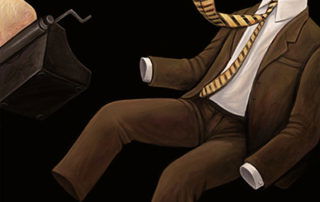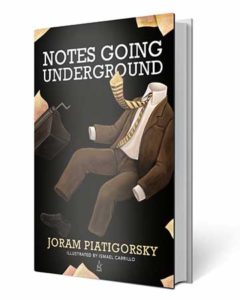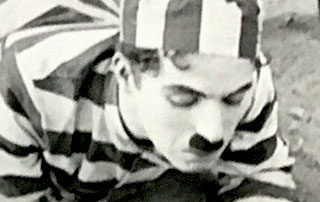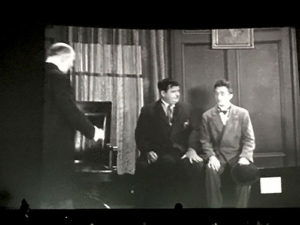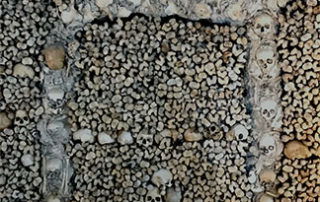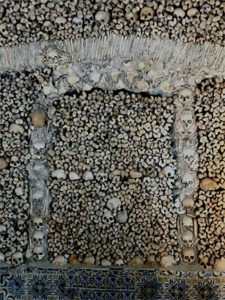Confronting the Decline

Imagine if Leonardo DaVinci believed he was too old to be creative. Think of the art we would not enjoy; after all, he did’t start the Mona Lisa until he was 62.
In a recent article in The Atlantic, Arthur Brooks talks about his research into the degree of happiness – satisfaction – in successful professionals as they age. Dean Keith Simonton, an expert on trajectories of creative careers, found that productivity increased the first 20 years and started declining thereafter. Started your career at 30? Prepare for decline after 50!
Oh my god, I’m in deep trouble. I continued doing science research until I was 69 and then stepped into a writing career. That wouldn’t be so bad, Brooks says, if I wasn’t too ambitious or expect to be successful anymore. Those days are gone, he says. The creative individuals do their best work in their 30s and 40s.
Does the creative spark really fizzle out?


